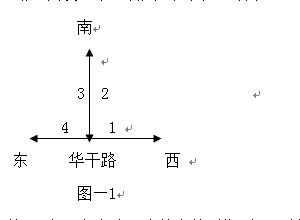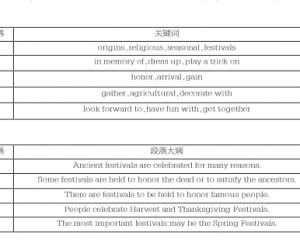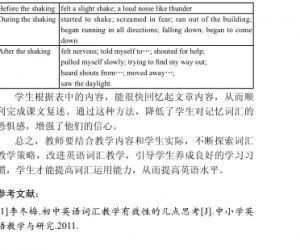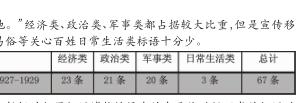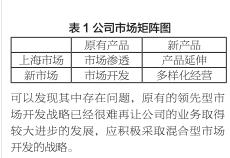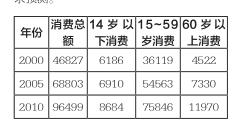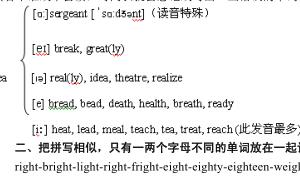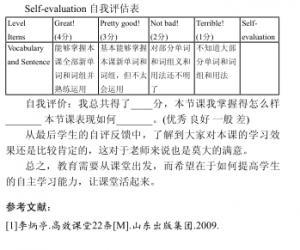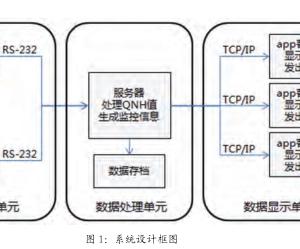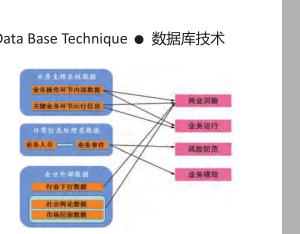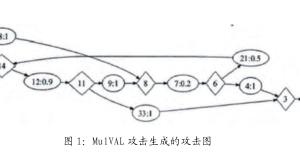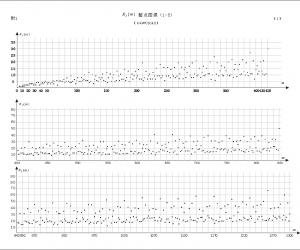基于BNC和CLEC数据库对中国大学生英文动词短语的使用研究
摘要: 英语中简单动词与介词/副词的搭配形成英语词汇中重要的一支:动词短语。作者基于英国国家语料库(BNC)和中国英语学习者语料库(CLEC)的数据对比,证实中国非英语专业大学生表达中表现出对这些简单动词的高频使用,但其使用的质量不高,大部分仅限于对概念意义的使用。
关键词: BNC, CLEC, 语料库,动词短语;
笔者在多年教学中发现,非英语专业学生的对于特别简单的单词,比如come, get, go等,使用频率特别高;他们认为是自己的词汇量特别贫乏, 因而拼命背单词。但对原版的读物进行分析的过程,却发现英语国家的本土人士同样高频率使用这些简单的动词,却能够做非常丰富而生动的表达。这些高频动词在使用的过程中基本上是动词和介词/副词的组合,即词汇学领域所谓的“动词短语”(汪榕培,1997)。
Moon (2003)将这类词分成,合成词(compound), 动词短语(phrasal verbs), 成语(idioms),固定短语(fixed phrase)等。 动词短语是由动词和介词/副词组成的。 他指出短语中的动词是典型的单音节日耳曼语系来源词,组合能力强, 例如come, get, go, put 和take等。 最常见的介词/副词为up, out, off, in, on和down等。
动词短语的使用频率非常高。英国国家语料库(The British National Corpus, BNC)中,come in 出现过10,063次, 比concentrate, threaten, reject, 和belong这些高频词更常见。 实际上, 动词短语本身就是英语词汇的重要组成部分,《牛津动词短语词典》收录了11,000多常见的动词短语(Watter, 1997)。另一方面,动词短语的动词非常简单,比如go, take, do, get 等, 二语学习和外语学习者在初期便学习过且偏爱使用(Moon, 2002)。 最重要的是,这些词组看似简单,却能够替代很多多音节的难词,因而在日常沟通中使用频率非常高。例如:
Phrasal verb Explanation
come down Collapse; be reduced, decided
to exert one’s influence; be passed on
come in Become
fashionable; become seasonable or available; begin to serve the public;
come off Detach
itself; be removable; occur; succeed; fare; etc.
come on Make an effort; make
progress; begin; begin to bowl; etc.
come out Strike; be released;
blossom; appear; be revealed; be announce; etc.
come up Travel
to town; be mentioned, arise; be vomited; occur, arise; etc.
正是因为动词短语表达的丰富性,对动词词组的使用已经成为衡量英语学习者水平的标准之一,剑桥英语能力测试一直将动词短语的掌握作为测试核心内容之一(Wright, 1994)。既然如此多的国外研究者注重动词短语的掌握,那么中国学习者的动词短语掌握情况到底如何?本文以英语语料库(BNC)和 中国大学生英语语料库(The Chinese English Learners’ Corpus, CELC)作为调查的资料来源,对中国大学生,尤其是英语四级水平的大学生的动词短语使用材料做一个调查。
根据Moon(2002)的观点,本论文以此使用频率特别高的come, get, go为例,对比中国大学生和本土人士的动词短语使用状况。英国国家语料库由英国牛津出版社﹑朗文出版公司﹑牛津大学计算机服务中心﹑兰卡斯特大学英语计算机中心以及大英图书馆等1994年联合开发建立,是目前世界上最具代表性的当代英语语料库之一,由4124篇代表广泛的现代英式英语文本构成,词容量超过一亿,书面语占90%,口语占10%。中国学习者英语语料库为国家社科基金“九五” 规划项目“基于语料库的中国学习者英语失误分析(Corpus-based Analysis 0f Chinese Learner English,CBACLE)”的一个重要组成部分,有100多万词,收集了不同阶段的英语学习者的考试试卷,课内外作业。本文中采用的是ST4,即非英语专业大学英语学习者的语料。
作者分别搜索come,get 和go 的短语频率。常见的语料库样本分析使用 Pearson方值,但Leech (2001)指出, Pearson方值对于小样本的测试可信度不高。鉴于这BNC和CLEC两个语料库之间的数据差异大(BNC,100,000,000 而CELC, 1,000,000),本文采取不是常用的Pearson 方值,而是SARA软件进行G2测试分析。
表2 动词短语在BNC 和CELC中的频率和 G2值分析
从表2来看,短语中,BNC 出现频率最高的包括 go on
(21,863), come down (10,063), go out (8,605), come out (7,329), and go in
(5,965) 而CELC中最高的为go out (293), get up (172), go on (171), and go in (75)。
两者都包括了go on, go out, and go in.(注: + 表示 BNC高于CELC,
-- 表示 BNC 低于 CELC)
而从G2的数值来看,come, get, go 拥有的分值非常高。最大的差异在get词组里,G2值达到了1108.27. 数据表明中国外语学习者对这些的使用频率高于本土人士。
但是进一步的研究发现,中国学习者对于这些词,确实使用频率高, 甚至高于本土人士。但这些词组和其他词的搭配使用是否符合英文的习惯?本文以come in 为例,进行进一步的探索。
在牛津动词短语词典里,come in 的解释如下:
|
1.
become fashionable; 2.
become seasonable or available; 3.
begin to serve the public ; 4.
win an election and begin to govern, 5.
finish a race in a particular 6.
be received as income; 7.
play one’s part in some scheme. |
8.
reach the TV studio, editor’s desk, etc. 9.
enter a commentary, discussion etc to make
one’s personal contribution; 10.
(used
in radio communication,) ask somebody to speak, report his position, etc, 11.
enter( a place) 12.
be relevant to something , play a part in. |
从BNC中搜索样本如下
A61 921 Come in and have a
drink.'; (11)
AC2 1638 So where does the
penalty come in? (7)
AC7 1010 Sometimes, when
he has been working in the garden, he will come in and sit down, then
out again and does a bit more. (11)
ACR 1504 Texels come in
three basic models --; long, short and `;beefcake';.(13)
ADM 314 A rough-looking
man with dark slicked-back hair and heavy eyebrows popped his head into the bus
and shouted jubilantly to a friend, `;Come in, there's a funeral wi'
free whiskey!'; (11)
从BNC样本搜索发现,come in 用频率最高的意思是enter a place, 但是也有come in 并不形成动词短语的例子,比如B2F
142 …come in different shapes and sizes。因此, come in 表达为come in 之外,有多种意义,become fashionable, become seasonable or available, begin to serve the public, play one’s part in some scheme 和 enter a commentary, discussion
etc. to make one’s personal contribution”。
这说明,come in 这个短语不仅仅是概念意义上的“进入”,
还表现出灵活多样的联想意义。
CLEC搜索中国大学生 come in 的运用情况,样本如下:
\par people\cf1
in \cf0 the shop always busy, [sn8,s]because everyday many people\cf1 come
in \cf0 and buy the things. it's not empty forever, the people (11)
\par the woman\cf1
came \cf0 to the door andf cried:"it wants to\cf1 come
in \cf0 i will give it some warm milk. " "no, (11)
\par to changing [v





